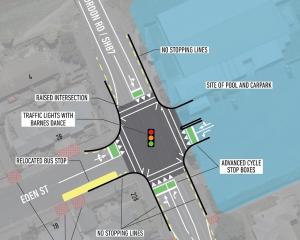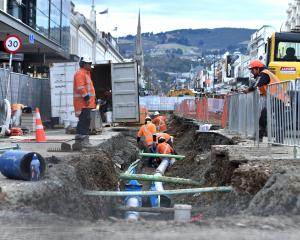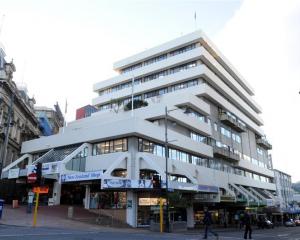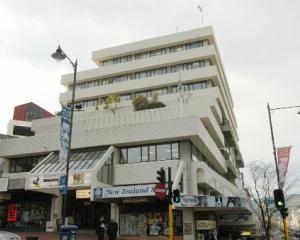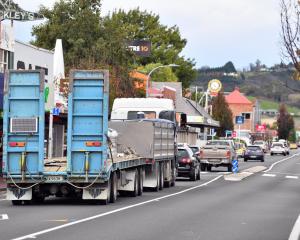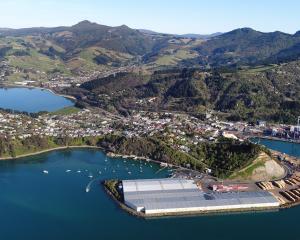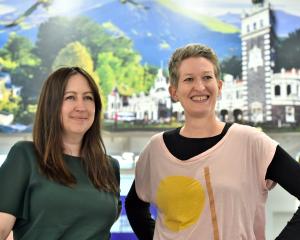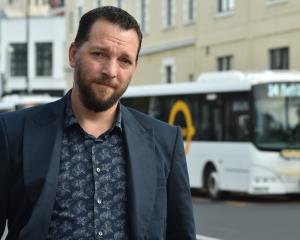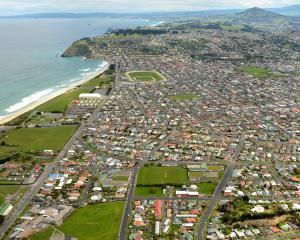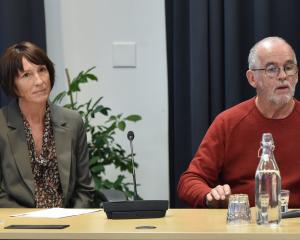While there would be a cost for that option, raised to deal with $3 million of the shortfall, it might only be for a limited time, acting council chief executive Athol Stephens said yesterday.
Dunedin Mayor Dave Cull said the plan was a "legitimate option", but he suspected the solution to "the problem" would be a combination of actions.
Mr Cull announced last Friday the city faced an annual $8 million shortfall, after it was confirmed the city's group of companies, overseen by Dunedin City Holdings Ltd, would not be able to pay $8 million of dividends in to council budgets.
But Cr Paul Hudson, chairman of the DCHL board, said on Friday Mr Stephens had advised the holding company he had no further need for it to supply $3 million for stadium management company Dunedin Venues Management Ltd (DVML), as he had achieved the result through other means.
Asked to explain the situation, Mr Stephens said servicing the annual public debt requirement for the Forsyth Barr Stadium would cost Dunedin Venues Ltd (DVL), the company that owns the stadium, about $10 million a year.
DVL would own an asset worth $225 million, have $140 million of debt, including private-sector debt, and equity of about $85 million, the difference between the two. To pay the $10 million, $5 million was to come from DCHL cash, up to $3 million from DCHL borrowings, and $2 million from "financial efficiencies".
The $3 million had always been included in budgeting, and had not changed since a Court of Appeal hearing in 2009, and before, Mr Stephens said.
"We know now we're not going to get the $3 million from DCHL," he said.
A "very critical assumption" was the length of the loan. The $3 million-a-year figure came about only if the loan was a 20-year loan.
"Why 20 years? Why not 30 years or 40 years? It's a long-term asset. It's going to be there for a long time."
Financial modelling had been done for longer-term loans, and the idea of keeping it to 20 years was for "psychological" reasons.
Mr Stephens said DCHL had finally "flushed out a decent five-year plan".
"We know now the $3 million is not coming, so it's on to plan B."
That was the 40-year loan repayment, rather than 20 years. That would reduce the requirement for payments from DCHL from $10 million a year to about $7.3 million.
Mr Stephens said there would be a cost to that, but not necessarily in the long term.
After 10 years, DVML would have paid off its "private-sector debt", which would mean about $3 million a year would be freed up.
Private-sector debt was raised to cover money that would come in instalments for the stadium's "private-sector funding", which came from the sale of seating products and sponsorship.
The freed-up money could help pay off public debt, and decrease the term of the loan from, for instance, 40 years to 30.
The council would have to approve such a change, and the suggestion would be presented to the finance, strategy and development committee on September 5.
Mr Cull said he was not comfortable with the council's ability to service its debt: "We will be looking at a combination of actions."


